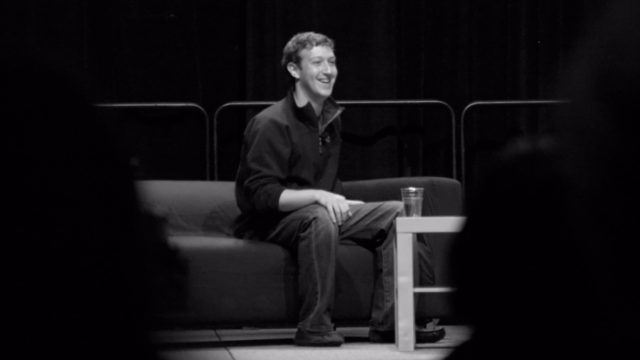A person who want to do impossible things in a clever way.
Short Bytes: The word hacker has been viewed with a bad filter that hackers always break into people’s computers. According to Facebook CEO Mark Zuckerberg, hacking is an approach to doing things quickly and testing their limits. Hacking is an active discipline, and one should focus on the quick implementation of ideas.
The term ‘hacker’ has always been viewed in a negative context among the general public. The contribution of the media can’t be denied in portraying a hacker as a person who does evil things. Recently, I came across the Founder’s Letter, 2012 which Mark Zuckerberg shared on his timeline. 2012 was the year when Facebook went public.
“In reality, hacking just means building something quickly or testing the boundaries of what can be done,” Zuckerberg said.
“Like most things, it can be used for good or bad, but the vast majority of hackers I’ve met tend to be idealistic people who want to have a positive impact on the world.”
The understanding of the word ‘hacker’ has changed from being an isolated guy — sitting on a computer, sneaking into people’s lives or stealing confidential data — to the one trying to get things done quickly and efficiently.
According to Zuckerberg, hacking is an “inherently hands-on and active discipline.” Hackers will first build a prototype of an idea to see if it works rather than figuring out its success possibilities. They focus on chunks, working on smaller iterations. Eventually, product or service becomes better over time. And to do that, Facebook has a testing framework where thousands of Facebook versions can be checked at a given time.
Another hacker trait is an “extremely open and meritocratic” mindset. The attention should be paid to the outcome, the idea, instead of the people who gave it. Facebook conducts hackathons to nourish this open thinking.
The different prototype ideas submitted during hackathons are collectively looked upon. Various popular products like the timeline, chat, videos, HipHop, etc. sprung out of such internal brainstorming events.
All of that said can be assumed as one positive picture of a hacker. As far as the negative versions are concerned, some people feel more comfortable calling them crackers. The hacker culture Zuckerberg believes has been in existence for the last few decades.
The hacker culture Zuckerberg believes has been in existence for a long time, largely been associated with computer programming. We can smell the existence of the hacker culture since the 1960s when a series of practical jokes happened at MIT.
People calling themselves hackers try to demonstrate their intellectual capabilities through their activities having some hack value. And it includes doing what other people think is impossible.
As far as the definition is concerned, the Jargon File documents it as “A person who enjoys exploring the details of programmable systems and stretching their capabilities, as opposed to most users, who prefer to learn only the minimum necessary.”
Also known as the hacker’s dictionary, the jargon file can’t be thought of as some official glossary for tech terms but has had its own level of influence since it came into existence.

